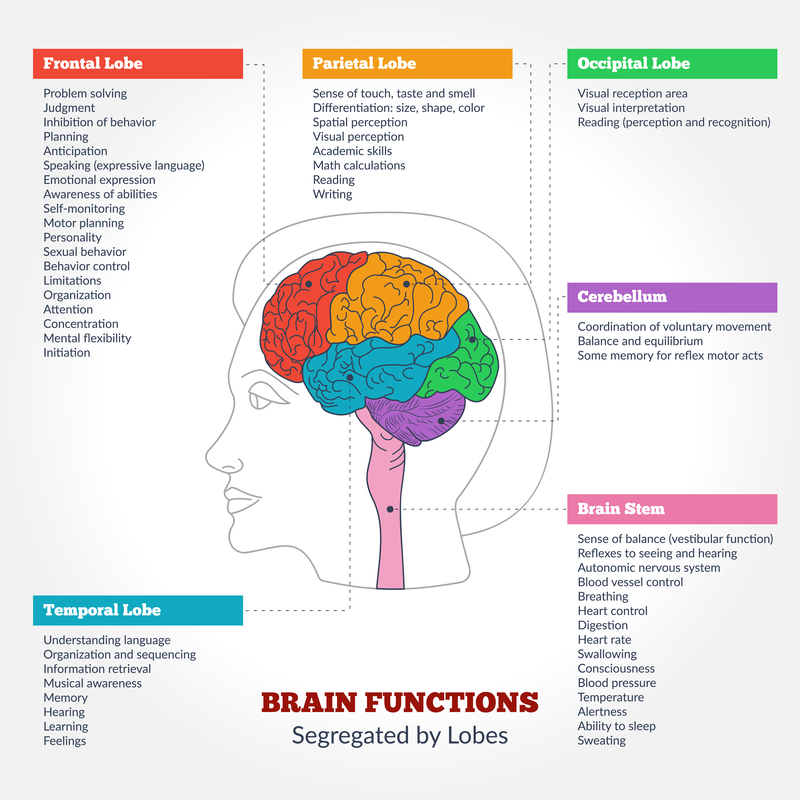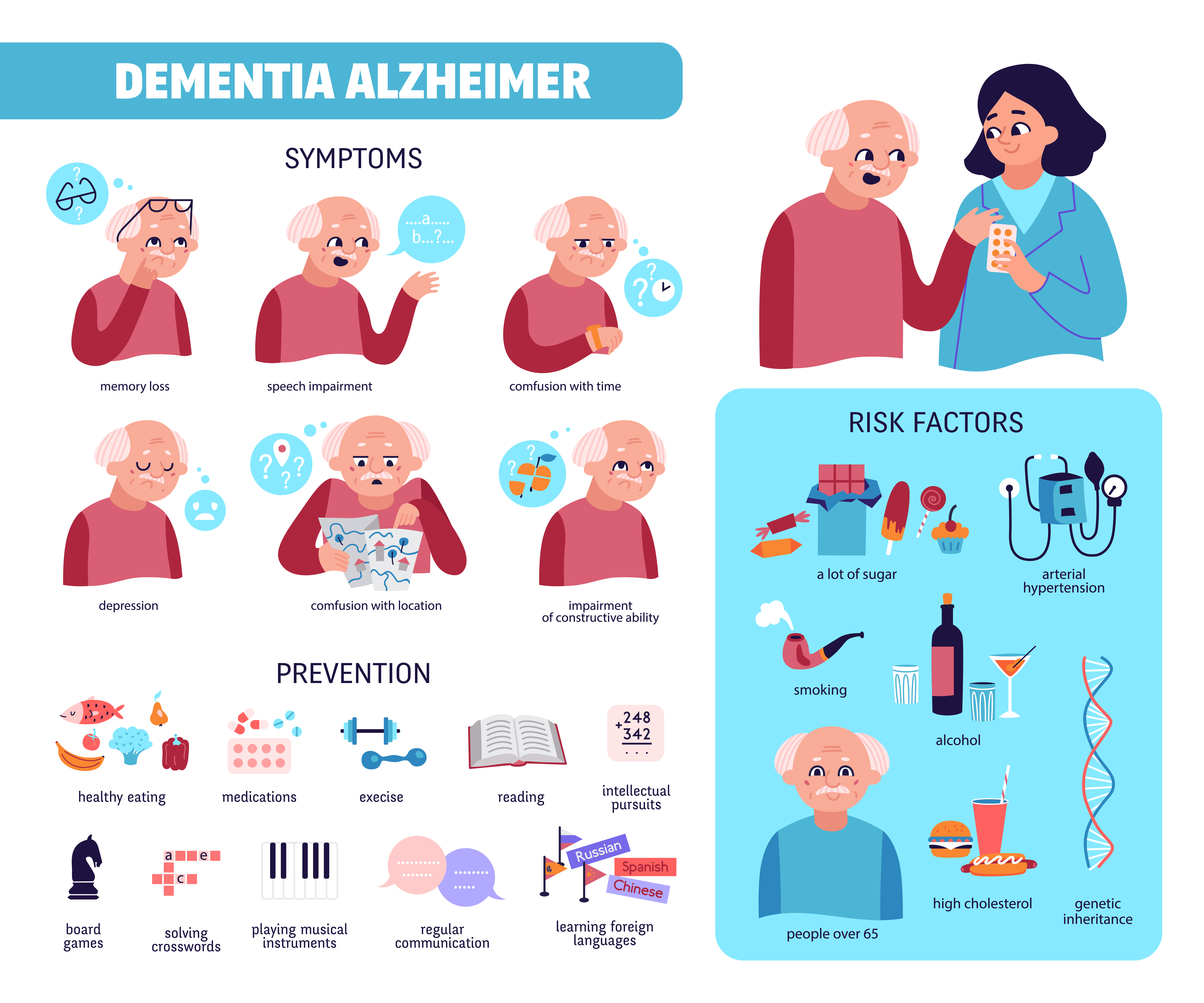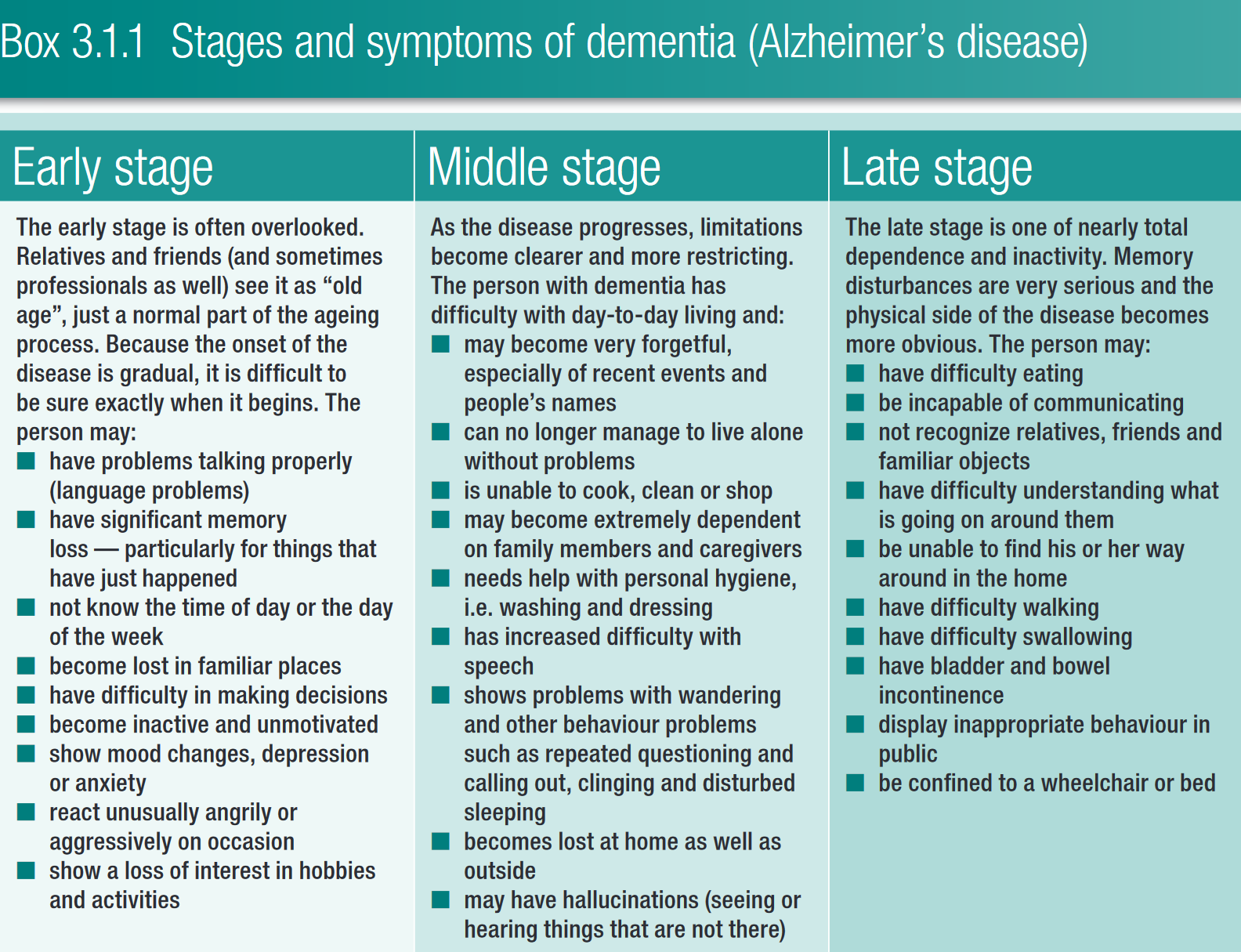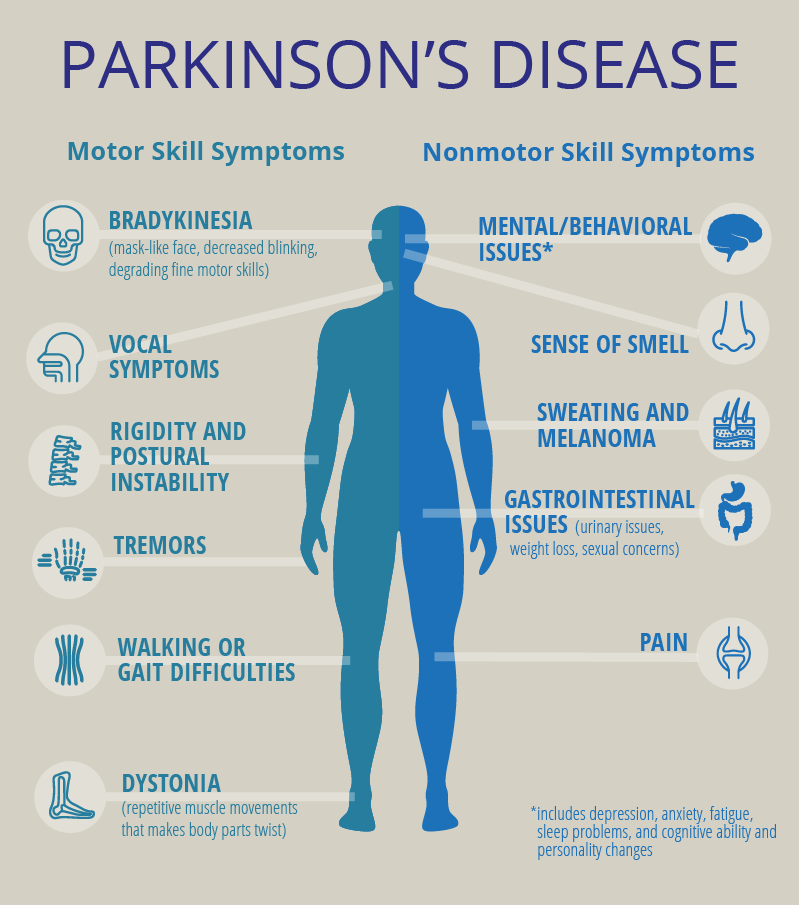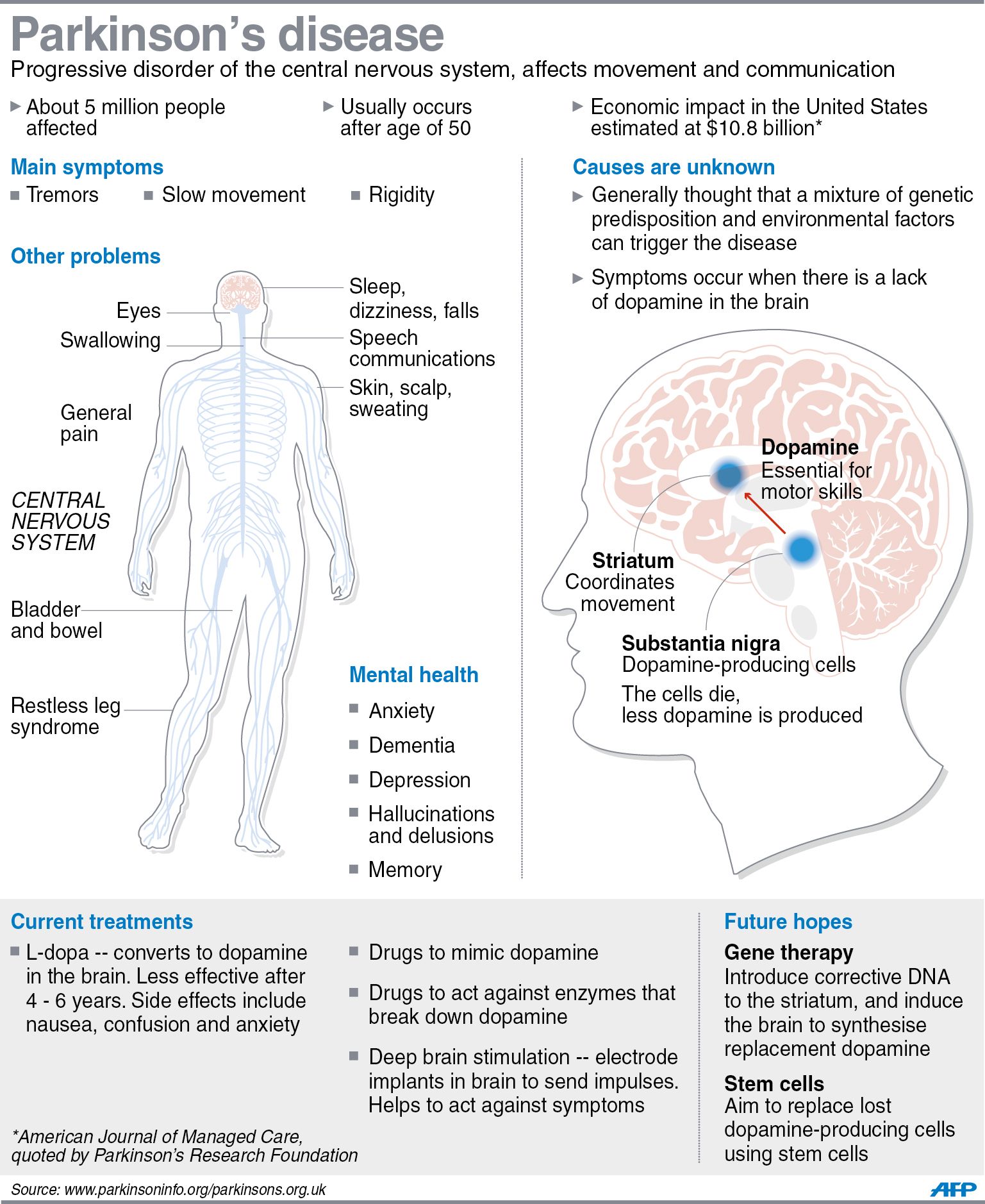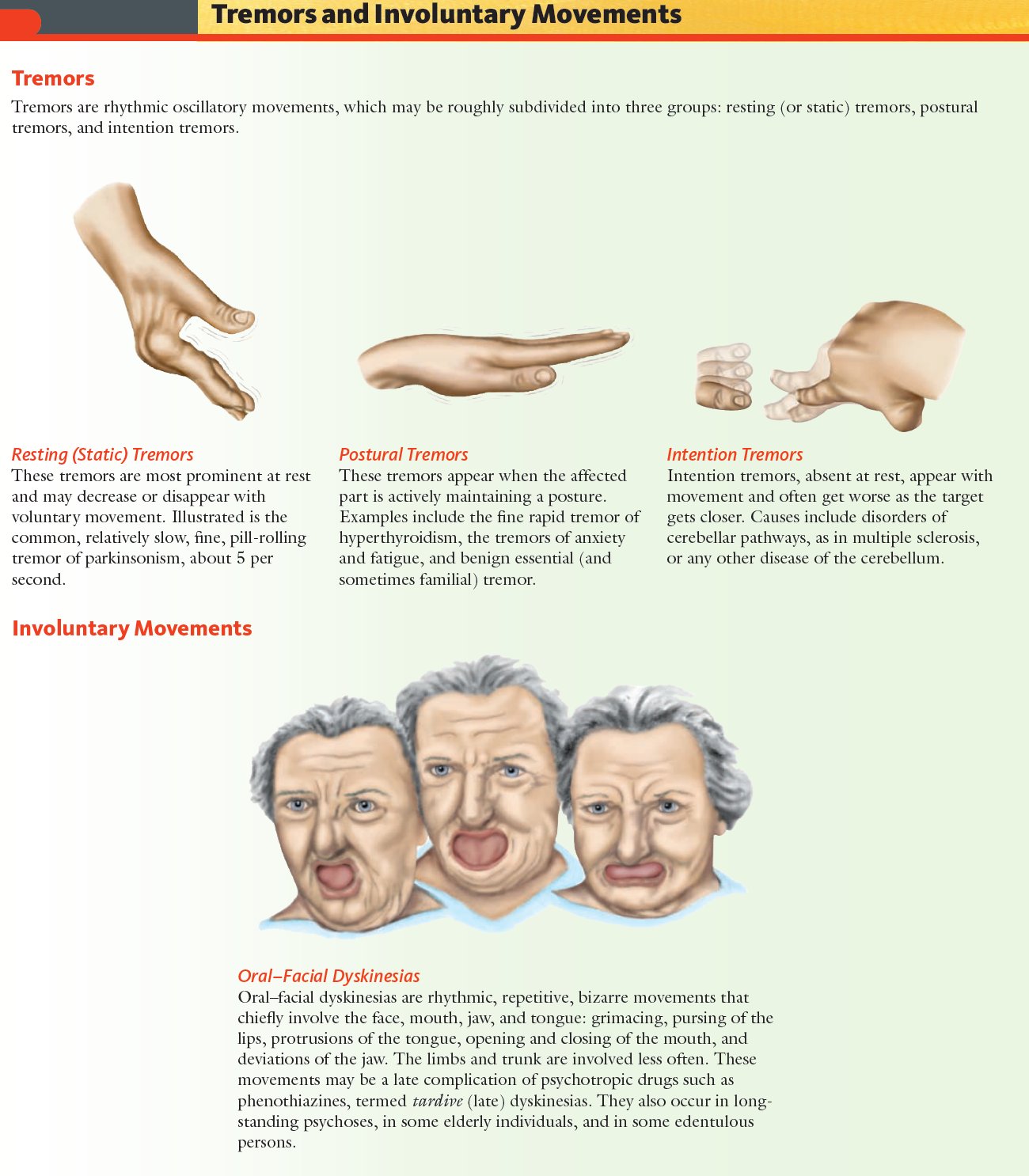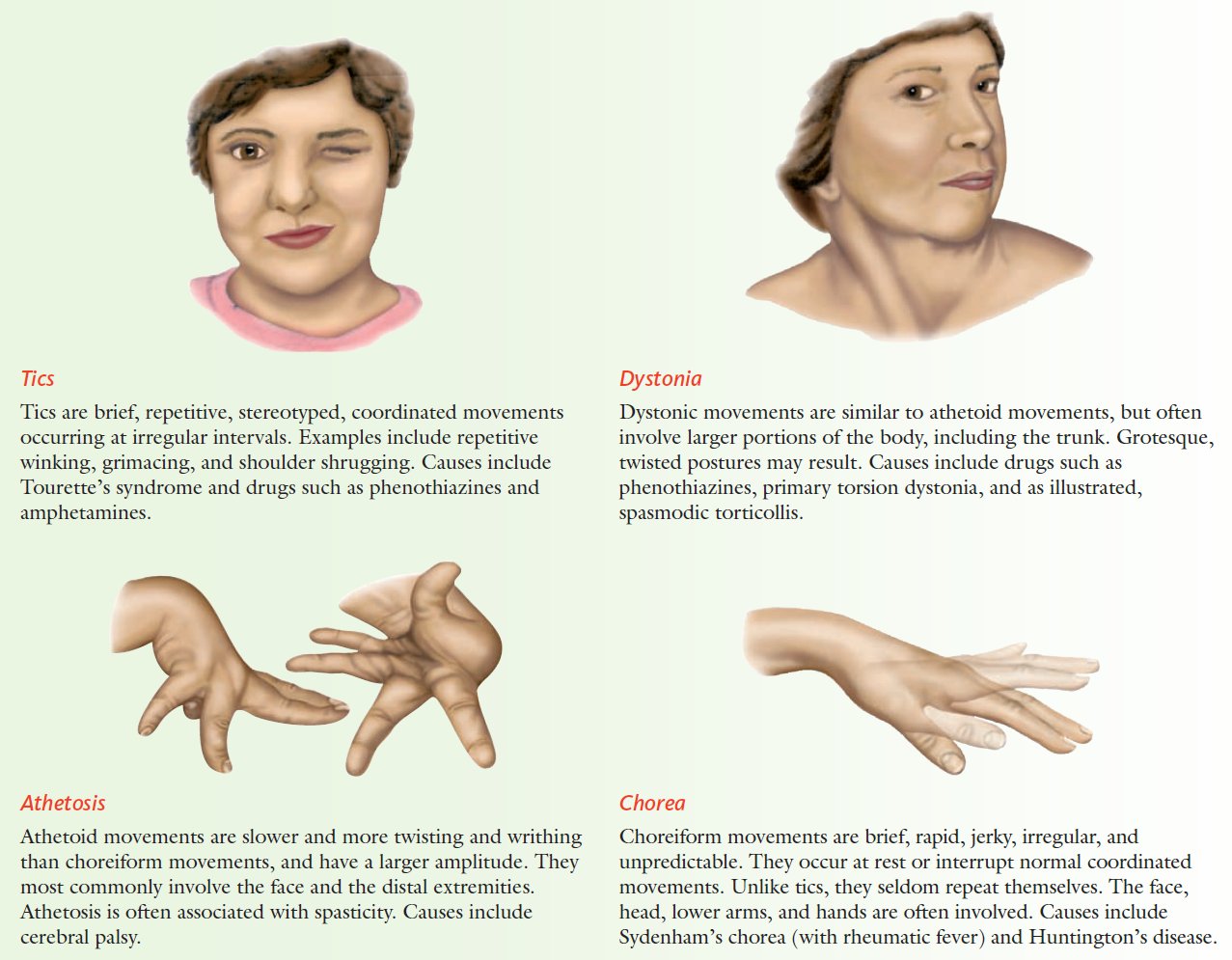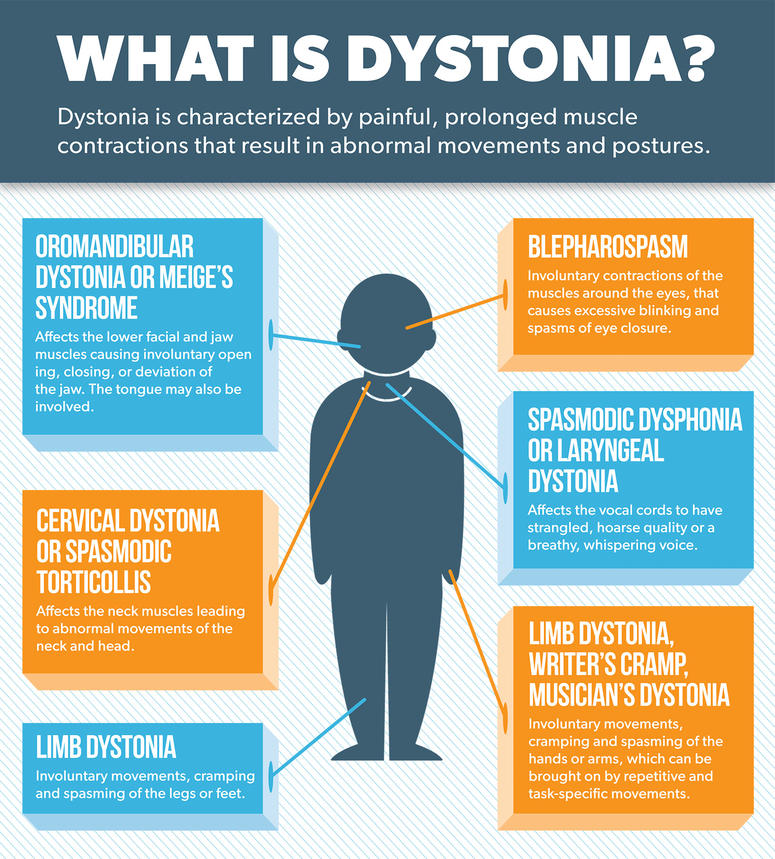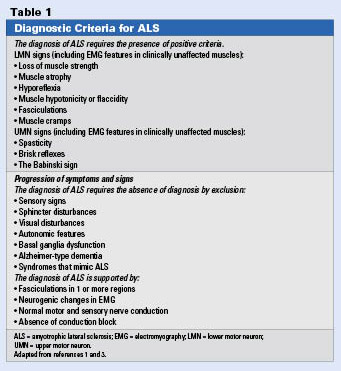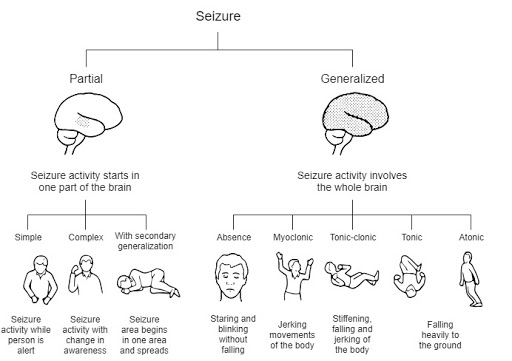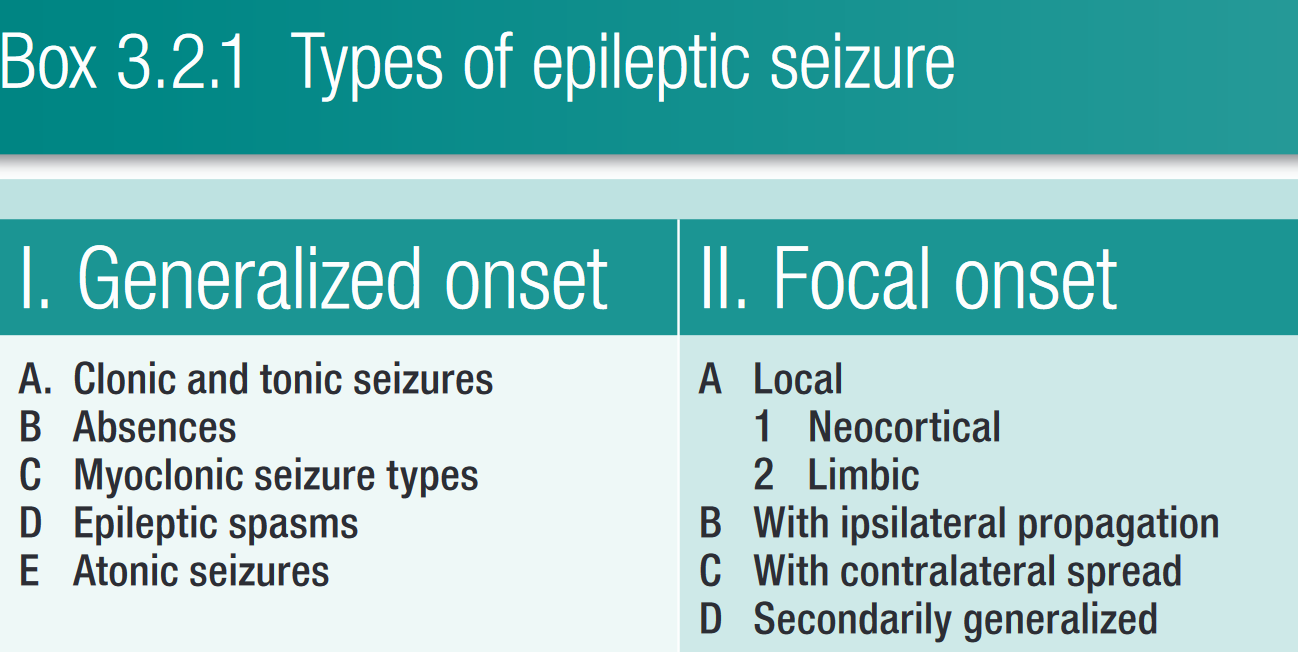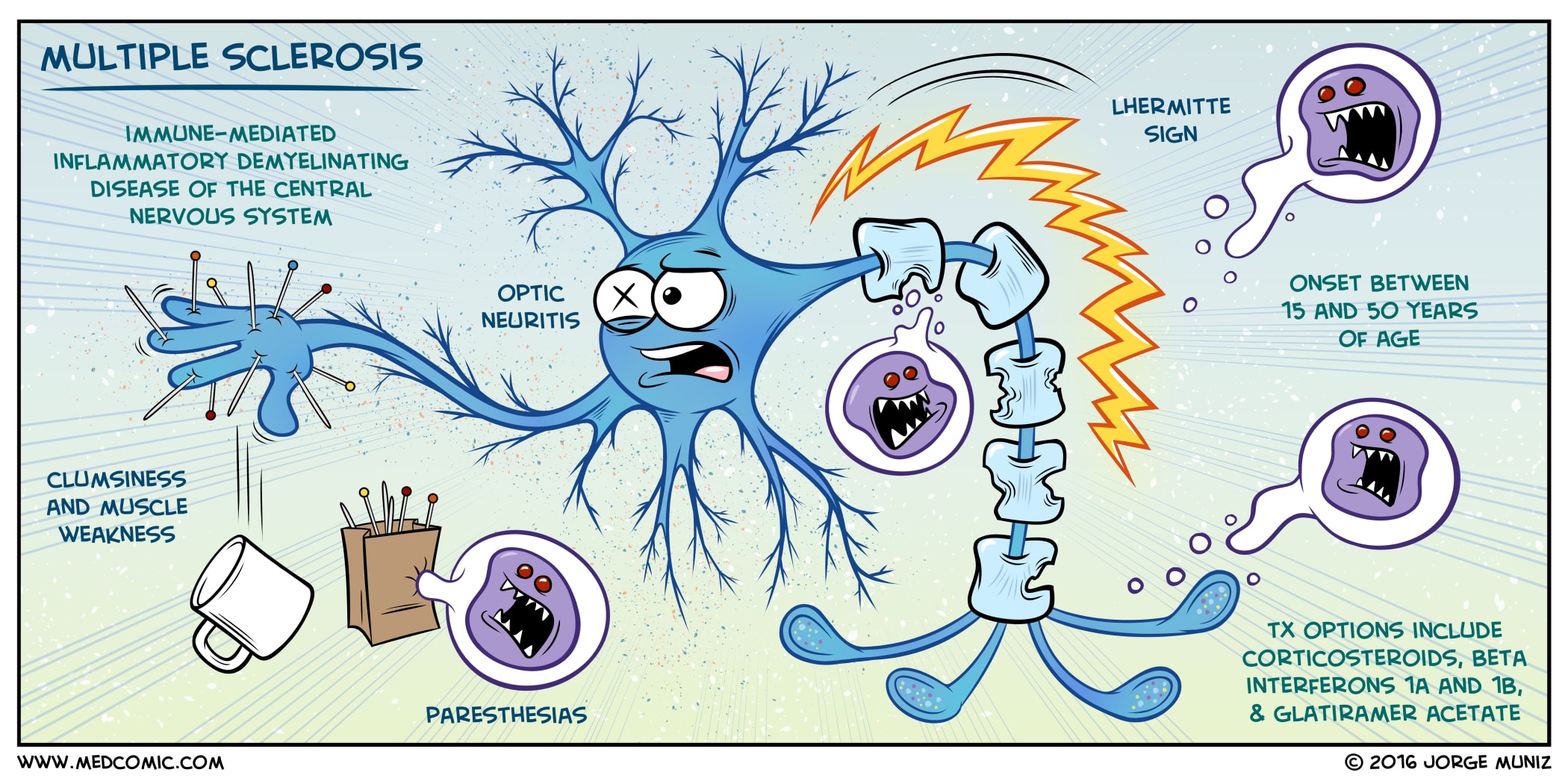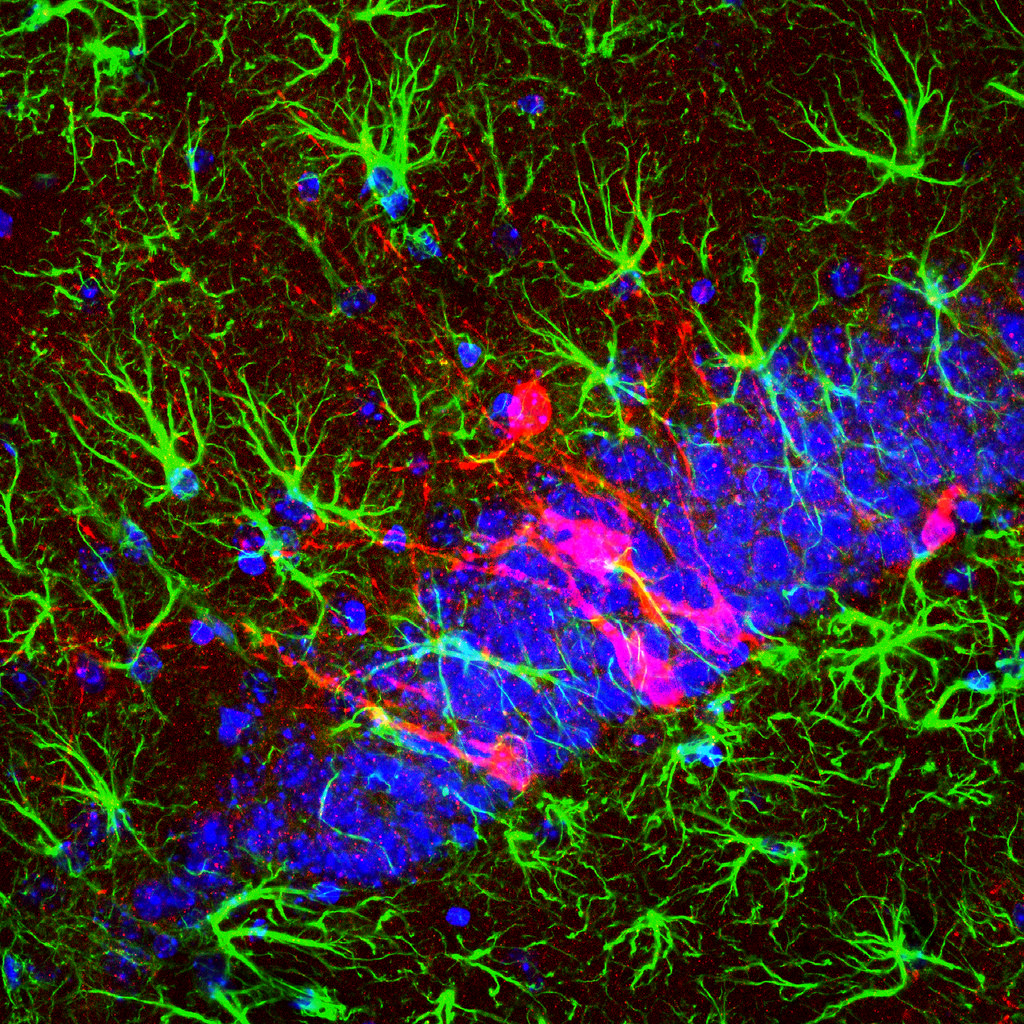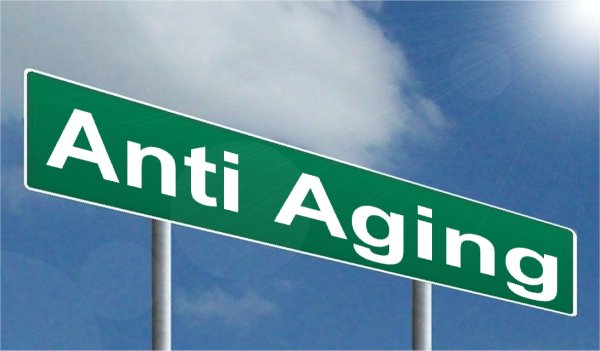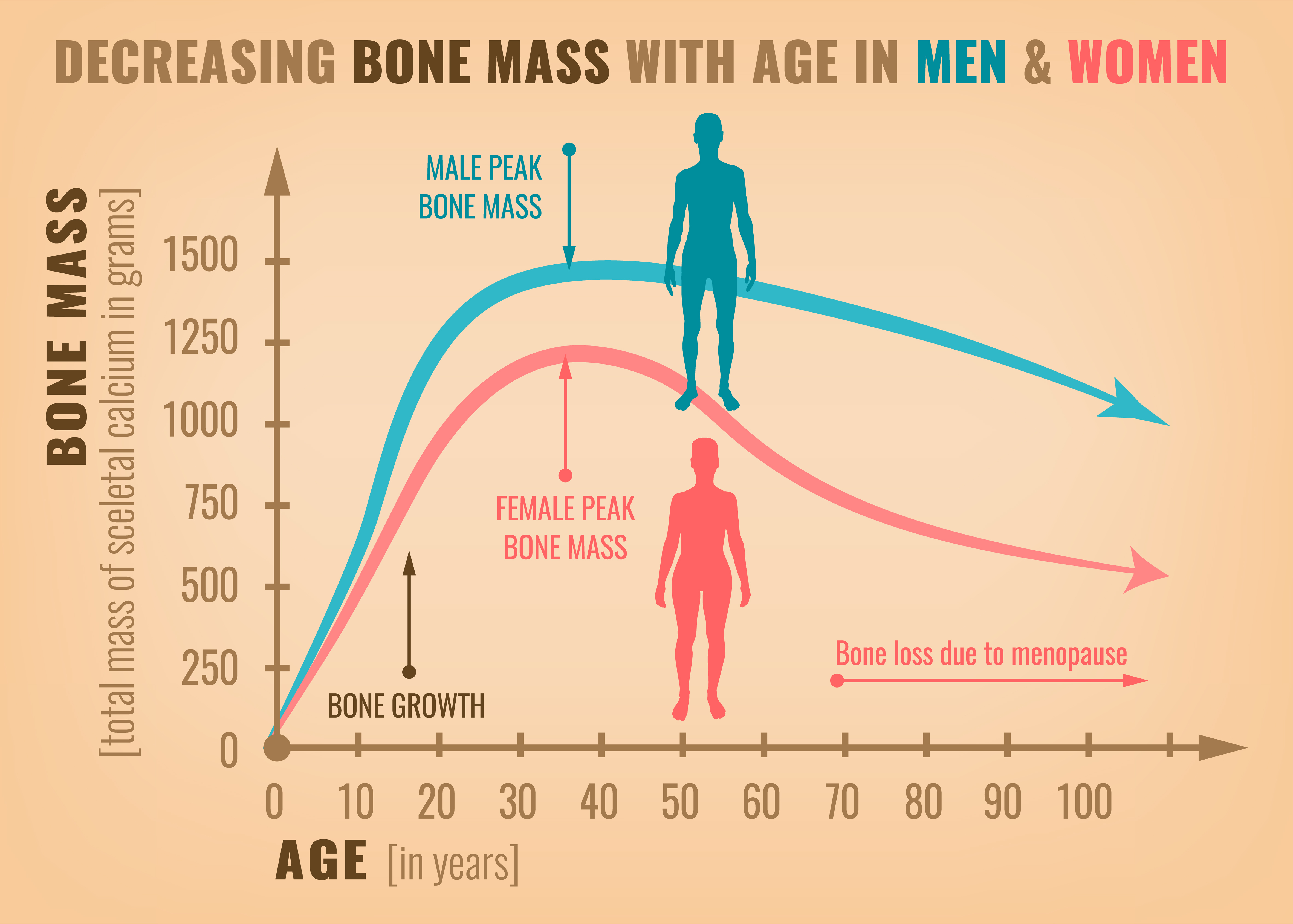Chronic Neurological Disorders
- Symptoms & Risks
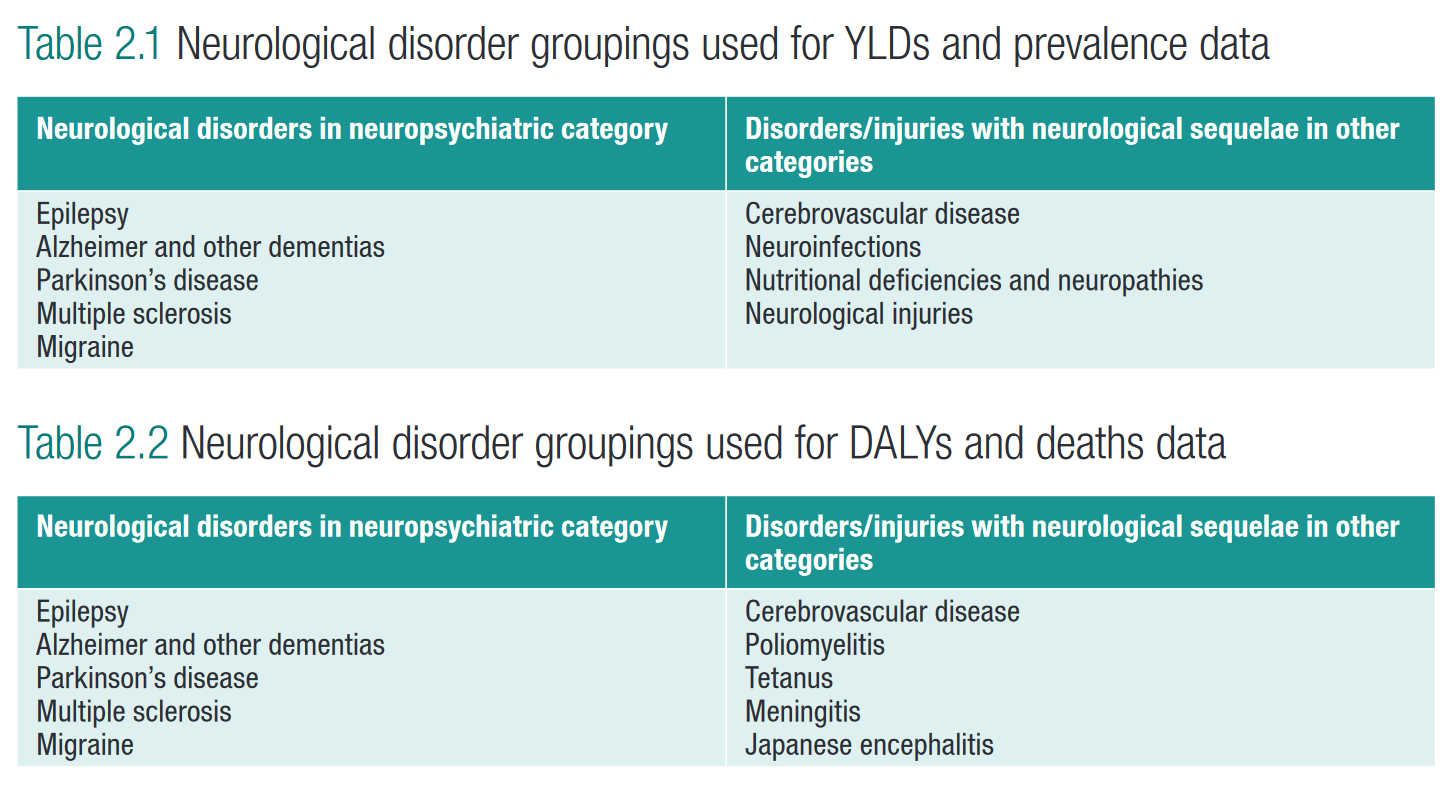
Neurological disorders are diseases of the central and peripheral nervous system. In other words, the brain, spinal cord, cranial nerves, peripheral nerves, nerve roots, autonomic nervous system, neuromuscular junction, and muscles. These disorders include epilepsy, Alzheimer disease and other dementias, cerebrovascular diseases including stroke, migraine and other headache disorders, multiple sclerosis, Parkinson's disease, neuroinfections, brain tumours, traumatic disorders of the nervous system due to head trauma, and neurological disorders as a result of malnutrition.
Many bacterial (i.e. Mycobacterial tuberculosis, Neisseria meningitides), viral (i.e. Human Immunodeficiency Virus (HIV), Enteroviruses, West Nile Virus, Zika), fungal (i.e. Cryptococcus, Aspergillus), and parasitic (i.e. malaria, Chagas) infections can affect the nervous system. Neurological symptoms may occur due to the infection itself, or due to an immune response.
Please seek medical attention as soon as possible if you are unsure of your medical condition.
- Dementia
- Alzheimer's disease
- Parkinson's disease
- Dystonia
- Amyotrophic lateral sclerosis (ALS)
- Epilepsy
- Multiple Sclerosis
- Neurological disorders due to nutrient deficiency
Please seek Medical attention as soon as possible if you are unsure of you or your family's health condition.
Dementia
Alzheimer's Disease - Stages & Symptoms
Alzheimer's disease is a progressive disorder that causes brain cells to waste away (degenerate) and die. Alzheimer's disease is the most common cause of dementia — a continuous decline in thinking, behavioral and social skills that disrupts a person's ability to function independently.
Parkinson's Disease - Symptoms
Parkinson's disease is a progressive nervous system disorder that affects movement. Symptoms start gradually, sometimes starting with a barely noticeable tremor in just one hand. Tremors are common, but the disorder also commonly causes stiffness or slowing of movement.
Potential Discovery To Get Rid Of Spike Protein
Dr. Tina Peers discusses a potential new discovery in eliminating spike protein and reducing long-haul symptoms. Other compounds have been studied like Quercetin, Bromelain, NAC and Nattokinase to name a few. Please do your own research on these supplements.
Tremors & Involuntary Movements
Dystonia
Amyotrophic lateral sclerosis (ALS)
Amyotrophic lateral sclerosis (ALS), also known as motor neurone disease (MND) or Lou Gehrig's disease, is a disease that causes the death of neurons controlling voluntary muscles.
Types of Epileptic Seizures
Epilepsy is a central
nervous system (neurological) disorder in which brain activity becomes
abnormal, causing seizures or periods of unusual behavior, sensations,
and sometimes loss of awareness. Anyone can develop epilepsy.
Multiple Sclerosis
Multiple sclerosis (MS) is a potentially disabling disease of the brain and spinal cord (central nervous system). In MS, the immune system attacks the protective sheath (myelin) that covers nerve fibers and causes communication problems between your brain and the rest of your body.
Neurological disorders due to nutrient deficiency
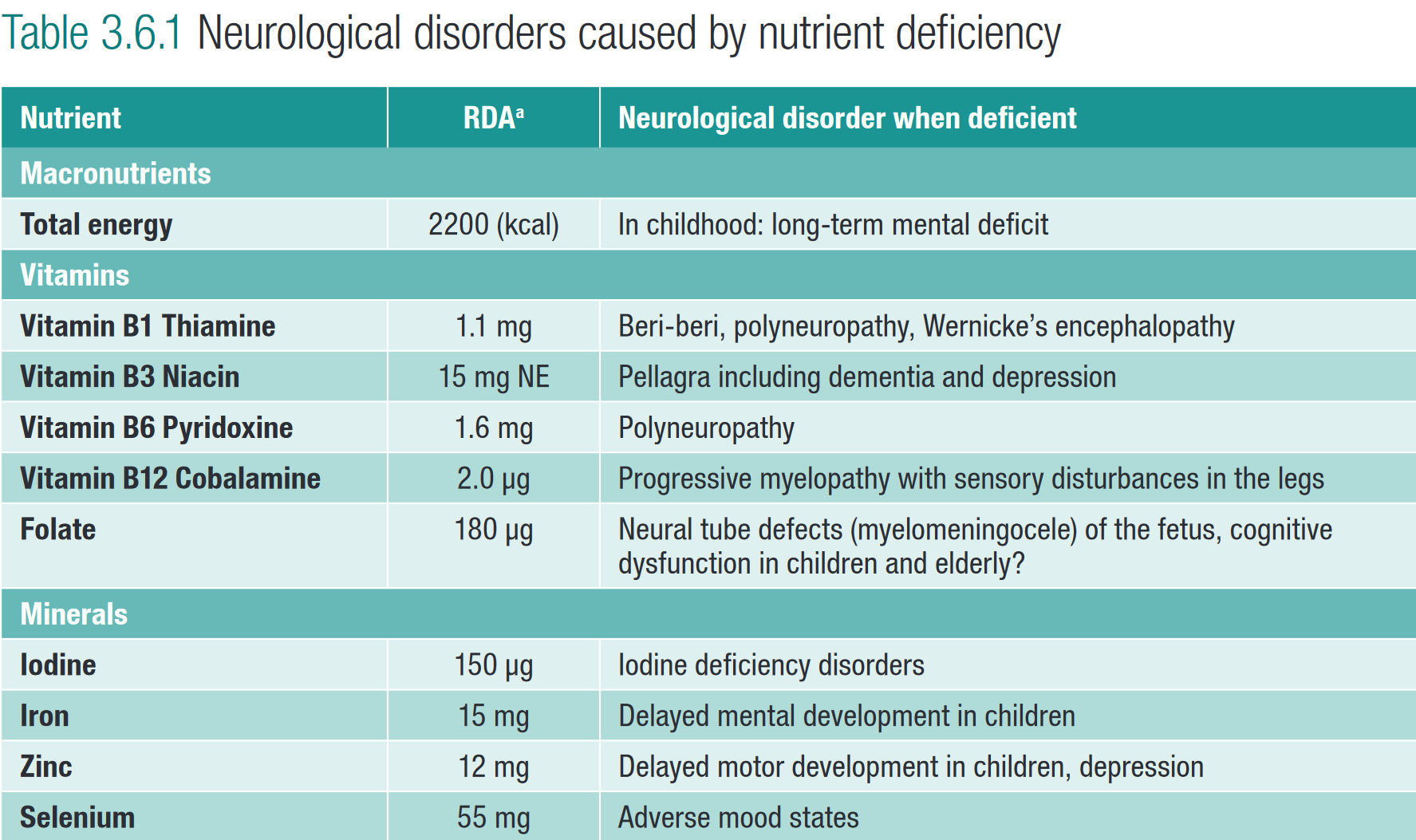
Health Assessment & Screening Packages
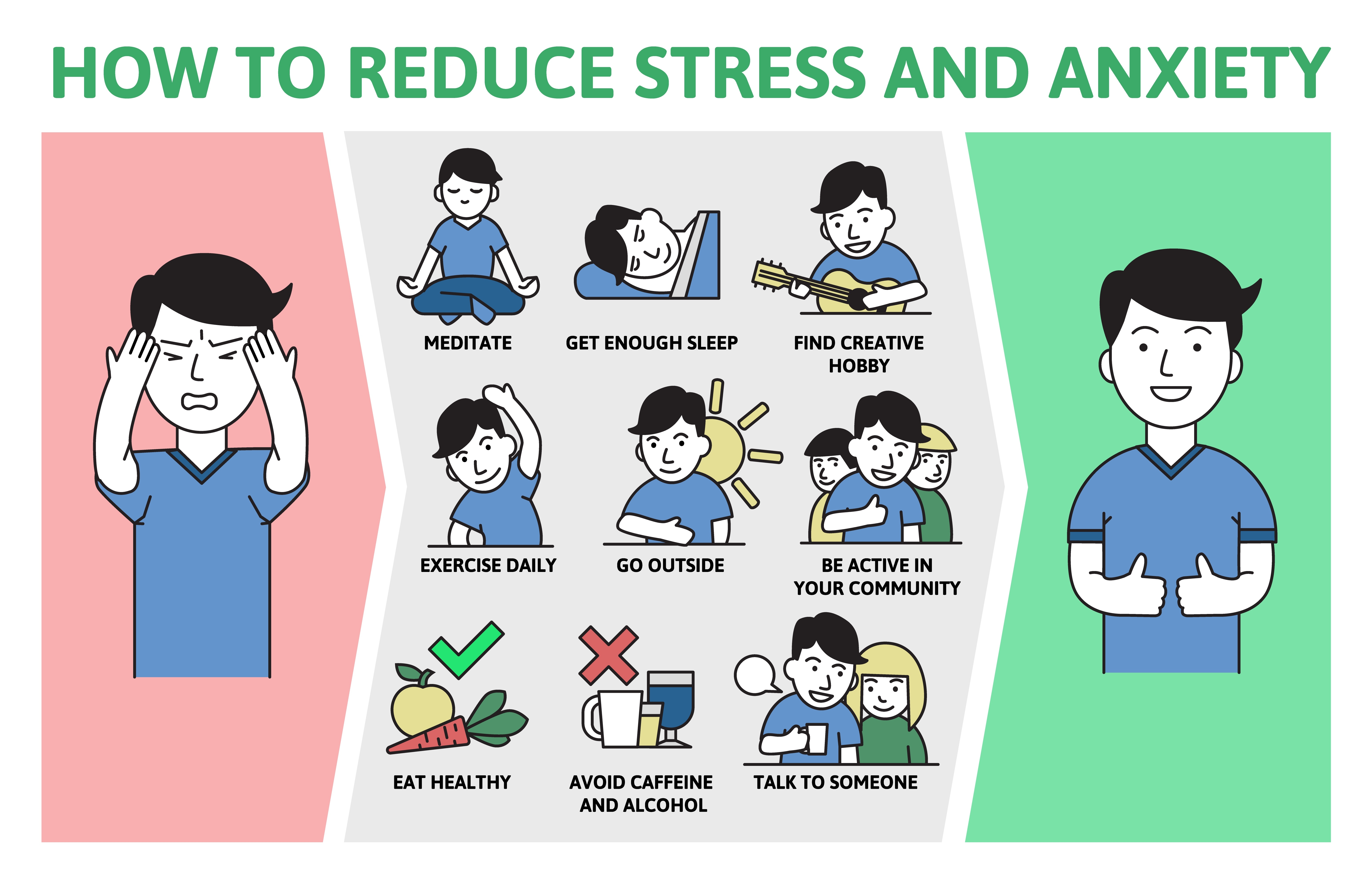
Vitamins & Nutrients for a Well-functioning Immune System to Protect against COVID-19 & other Viral Infections

(Ref: Nutrients. 2020 Apr 23;12(4). pii: E1181. doi: 10.3390/nu12041181 Optimal Nutritional Status for a Well-Functioning Immune System Is an Important Factor to Protect against Viral Infections Calder PC1, Carr AC2, Gombart AF3, Eggersdorfer M4.
How a Gluten-free Diet can Improve your Chronic Illnesses
Healthy Diets for Optimal Health
|
Healthy Aging 健康老龄化
The information provided in this website is for knowledge purposes only. It does not constitute medical advice.
Should you encounter any medical problem that you are unsure of, always consult your doctor or health care provider for assistance and medical advice.
